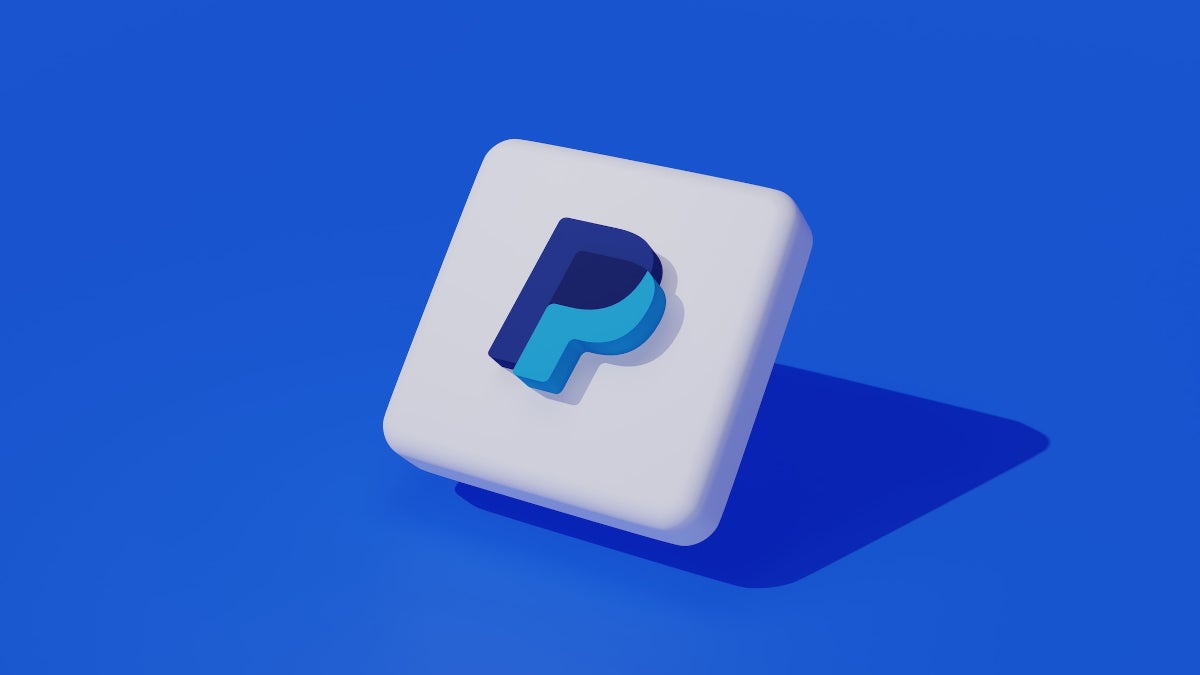The US financial bureau says if you have money in PayPal or Venmo, get it out now

A few weeks ago, the US banking system saw three banks, Silicon Valley Bank, Signature Bank, and First Republic Bank, all go bankrupt following attacks on these financial institutions by customers with uninsured deposits who sought out their money as quickly as possible. And at the end of last week a report was published by the Consumer Financial Protection Bureau (CFPB) warned those with cash stored in non-bank payment apps like Venmo or PayPal to pull that money out because it may not be safe in the event of a crisis.
You could reply that the Federal Deposit Insurance Corporation (FDIC) insures bank accounts up to $250,000 and you would be 100% correct. But the money you have in Venmo or PayPal is usually not in a bank account and most likely not covered by FDIC insurance in case something bad happens. For example, if there is a run on Venmo and Paypal and your money cannot be obtained, you are most likely out of luck.
Some consumers are not aware that the money they have in their payment app account is not insured
The CFPB does say that there are some options offered by Venmo and PayPal that will secure your money. For example, if you open a PayPal savings account through the company’s banking partner Synchrony Bank, the funds in that account are subject to the FDIC. With Venmo, you may be eligible for FDIC insurance if you fund your account via direct deposit, use the “cash a check” feature, or use your Venmo account to buy or receive cryptocurrency assets.
Funds you have stored on your payment apps like Venmo or PayPal are most likely uninsured
In its report, the CFPB wrote: “We find that stored funds are at risk of being lost in the event of financial distress or the failure of the entity operating the non-bank payment platform, and are often not deposited in an account with a bank or credit institution. union and do not have individual deposit insurance. Consumers may not be fully aware of when, or under what conditions, they would be protected by deposit insurance.”
Some payment apps make money by investing the money you leave in those apps. Since they don’t pay you interest on this money, the interest earned on the bonds and other debt they invest in goes directly to their profits. Payment apps that do this have no incentive to get you to transfer your money to your linked bank or credit union, leaving you with all the risk while they reap all the rewards.
If you’re not sure if you have coverage, it’s best to withdraw the money and deposit it into an insured account until you can speak to someone from your payment app to verify that your account is insured.
Funds stored in a payment app are at higher risk than funds deposited with an insured bank
While there is no option to maintain an insured balance in Google Pay, funds in Apple Pay are eligible for pass-through insurance if the customer registers the Apple Cash account with Green Dot Bank. Keep in mind that the CFPB says that funds held in a payment app are at greater risk of loss than if the funds were held in an insured bank account or credit union.
As the agency says, “Money stored in a payment app may be at significantly greater risk of loss to a consumer than if deposited in an insured bank or credit union account. For example, non-bank payment apps that accept money from customers investing in securities or other non-deposit products exposes the company to the risk of insolvency if the value of the investments falls. The companies are also at risk if customers demand their money in a lump sum.”
The CFPB is just trying to warn you, not scare you. “Consumers should be aware of these risks if they choose to leave a balance on these non-bank payment apps. To minimize these risks, consumers may choose to leave their non-bank payment app balances back to their federally insured deposit accounts, where they have a direct relationship with an FDIC-insured bank or NCUA-insured credit union,” it says in its report. You may want to heed the agency’s advice ASAP.
Stay connected with us on social media platform for instant update click here to join our Facebook













